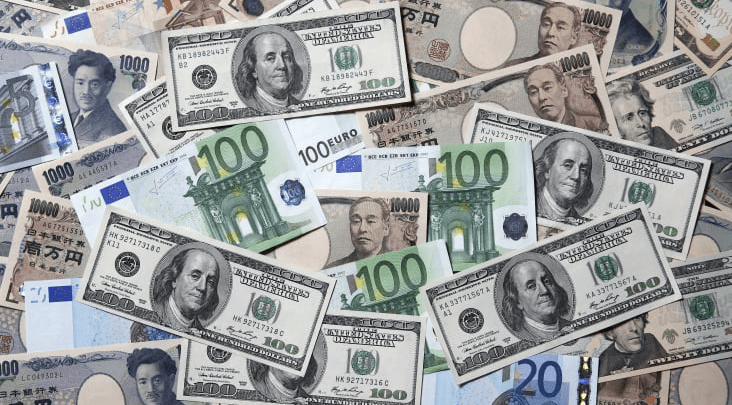The investment bank picked the U.S. dollar as the best safe-haven currency in what’s left of turbulent 2020. The greenback fell to a 27-month low on Tuesday against a basket of its peers, where the dollar index reached 92.477 — a level not seen since May 2018 as investors took on more risk. The S&P 500 rose to its highest level ever after regaining all of its coronavirus-related losses, having rallied more than 54% from its March low.

“We expect the US dollar (USD) to be the best safe-haven currency, especially now that lower US rates make it a more attractive funding currency for carry trades,” Morgan Stanley analysts wrote in a research note. Still, the analysts expect risk sentiment should remain supported for now, hence they said they keep a “bearish skew” on the dollar.
The world’s reserve currency benefited from a general fear among investors earlier this year, which drove the greenback to a three-and-a-half year high in March, as the coronavirus pandemic spread to the United States. As investors have shifted back to fundamentals, the dollar has gotten clobbered against global currencies.
While the yen and the Swiss franc remain havens, their dynamics are “shifting,” according to the Morgan Stanley analysts. “Recent correlation and flows analysis suggests that USD/JPY could even rally” in times of investor fears, “counter to market perception. We find that Japanese investors have actually bought foreign assets in times of … uncertainty and didn’t repatriate,” they said.
Morgan Stanley just picked this year’s best safe-haven currency, CNBC, Aug 19